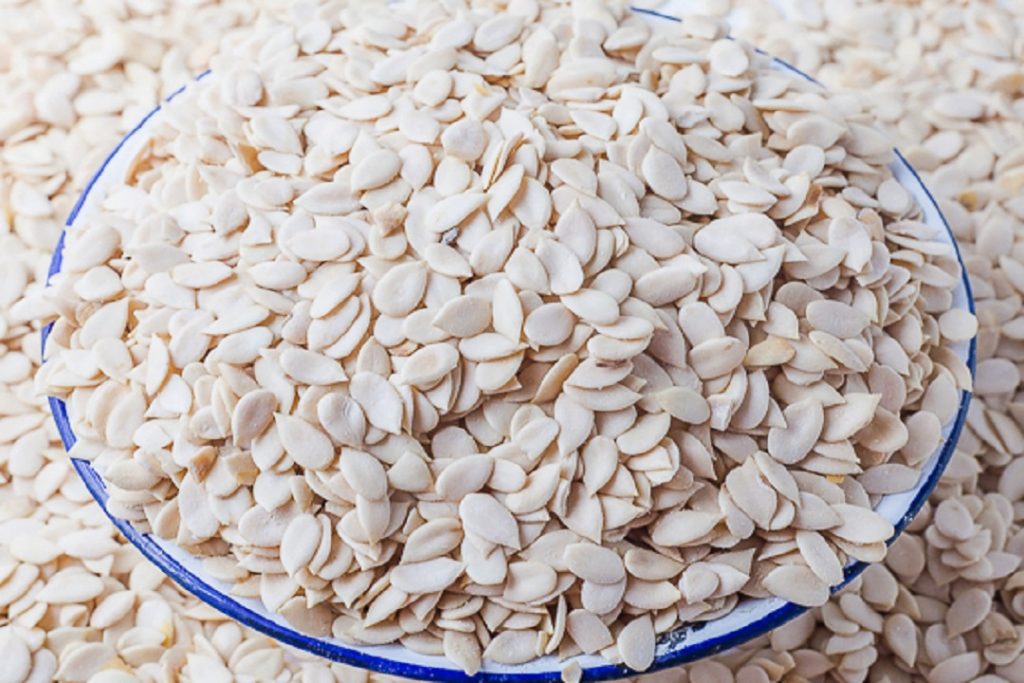Two forces rule the world – good and evil. The same is true when it comes to bacteria. Just as we have bad bacteria which harm our bodies, there are also good bacteria which fight off bad bacteria, and also provide health benefits which restore health to our gut and out bodies generally. These good bacteria are known as probiotics and they can mostly be found in fermented foods – foods like pap, kunu, locust beans (iru), fufu are all sources of probiotics because of they way they have been processed.
A 2002 report report by the World Health Organization (WHO) and the Food and Agriculture Organization (FAO) of the United Nations, “probiotics may theoretically be responsible for four types of side effects” :
- Systemic infections.
- Deleterious metabolic activities.
- Excessive immune stimulation in susceptible individuals.
- Gene transfer
Here are reported ways in which probiotics affect consumers.
MILD DIARRHOEA
While it is true that probiotics treat digestive problems, prescribed probiotic supplements may actually cause mild diarrhoea in the initial days of consumption especially while your body tries to get used to it.
ALLERGIES / REACTIONS
People prone to allergies from certain food products like milk or dairy (for the lactose intolerant), should be sure to check the label of the bottle or pack of probiotics before they consume them. Similarly, someone suffering from a yeast infection should also be careful about consuming probiotics that contain yeast and request for safer prescriptions. In addition to this, the process of getting rid of bad bacteria might also result to reactions like gass or bloating. When gas is in the colon, it may lead to to mild cramping, reflux, pain and general feelings of abdominal discomfort.
SKIN REACTIONS/ HISTAMINES
Histamines are organic compounds released by cells in response to injury and in allergic and inflammatory reactions, causing contraction of smooth muscle and dilation of capillaries. In layman’s terms, they are the body’s way of dealing with threats to itself, done by releasing the harmful substances through the skin, sneezing or the eyes.
Different strains of probiotics have different effects, and while some strains deal with bad bacteria and harmful substances, some may cause histamines in the digestive tract. The histamine intolerant who have trouble breaking down the histamines because their bodies do not possess enough of the enzyme – diamine oxidase (DAO) – that helps it to do so then go on to exhibit allergic reactions after the histamines might have gone on to be absorbed into the intestinal tract lining and into the bloodstream
HEADACHES
It is possible too for probiotics to cause headaches. Here’s how – some probiotic food have biogenic amines in them. These amines go on to affect the central nervouse system, sensitizing it and causing an increase or decrease in blood flow, leading to headaches in people prone to them.
These biogenic amines are mostly formed when protein foods are aged or fermented with bacteria. Examples of such amines are tryptamine, histamine, tyramine, and phenylethylamine.
So if you find you are susceptible to any of the above, discuss with your physician and get brands which do not contain strains of food products that might bring about some of these side effects in you.



